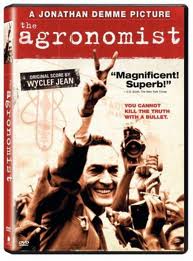Madinina, as Martinique is known to locals, is a beautiful place. It’s very easy, on any random day, to take a picture lifted out of a stereotypically stunning postcard version of Caribbean topography on an average mobile phone.
The Flower Isle
I’ve not done any empirical research on this, but it seems sometimes as if every Caribbean island’s name has a subtitle; Dominica is the Nature Island, St Lucia is Simply Beautiful, Grenada is the Spice Island, Madinina is the Flower Island.
Can you imagine how many flowers you have to be able to see, how frequently, how many varieties and how lovely they have to be for an island to end up nicknamed ‘the flower island’? Combine the overflow of beautiful flowers in all manner of species and colours, with a terrain of peaks, valleys and more peaks, rivers and waterfalls, a fabulous coastline, rainforest and incredible landscapes. And that’s just the land mass.
Les Gens
As much as I love walking across the beach after work, or watching the sun dip behind the horizon line spectacularly at dusk, what I really love are the people. Unfortunately, they have a distorted vision of themselves. I never knew any one people to be so convinced of their own worthlessness. And I’m black. Nothing gets Matinitje (pronounced Mat-in-it-che) more frenzied than talking about the wotlessness of other Martiniquais (pronounced Mar-ti-nee-kay)*. Seriously. But I always find the display somewhere between alarming, amusing and disturbing because it has not been my experience at all.
The greatest gift that Africa, with its traditional culture of ubuntu, the Biko quote goes, would give to the world, is a more human face. Without getting overly sentimental, that’s kinda how I feel about moun matinitje aka Martinican people. For me, this is an unconditionally giving people. They give of themselves very naturally and very generously. Continue reading




